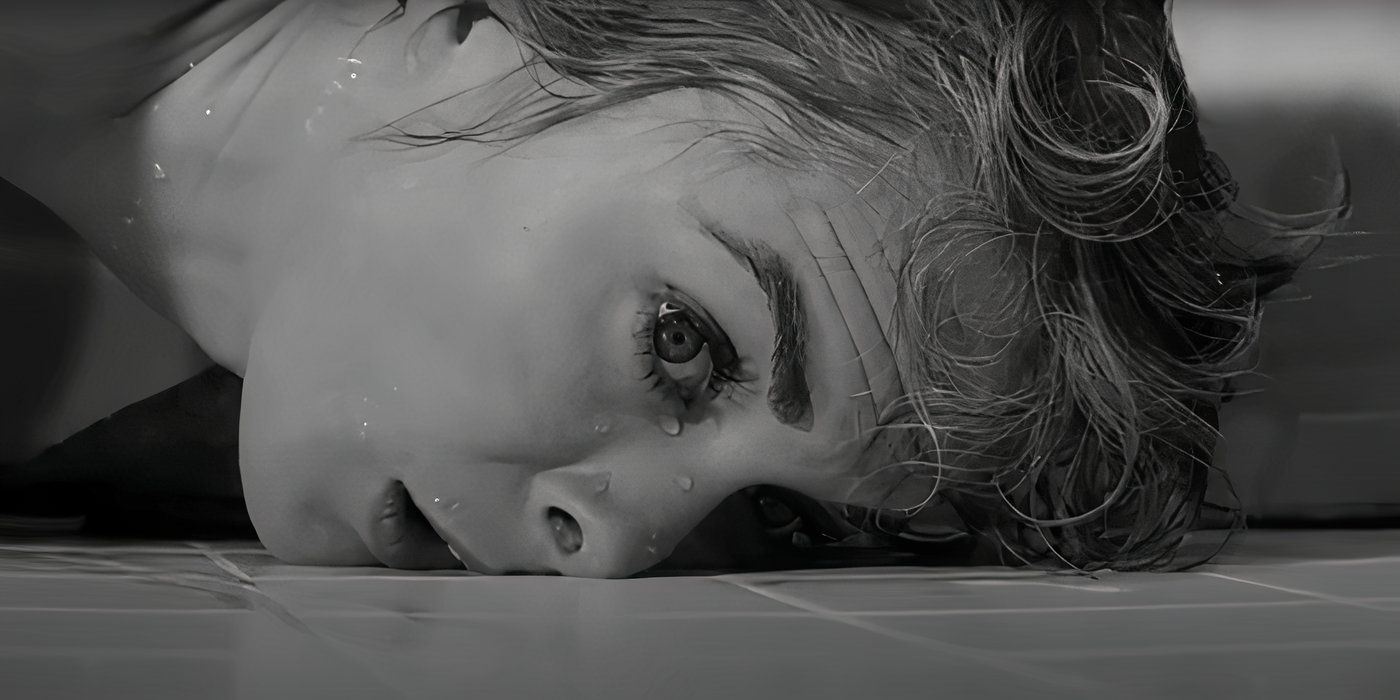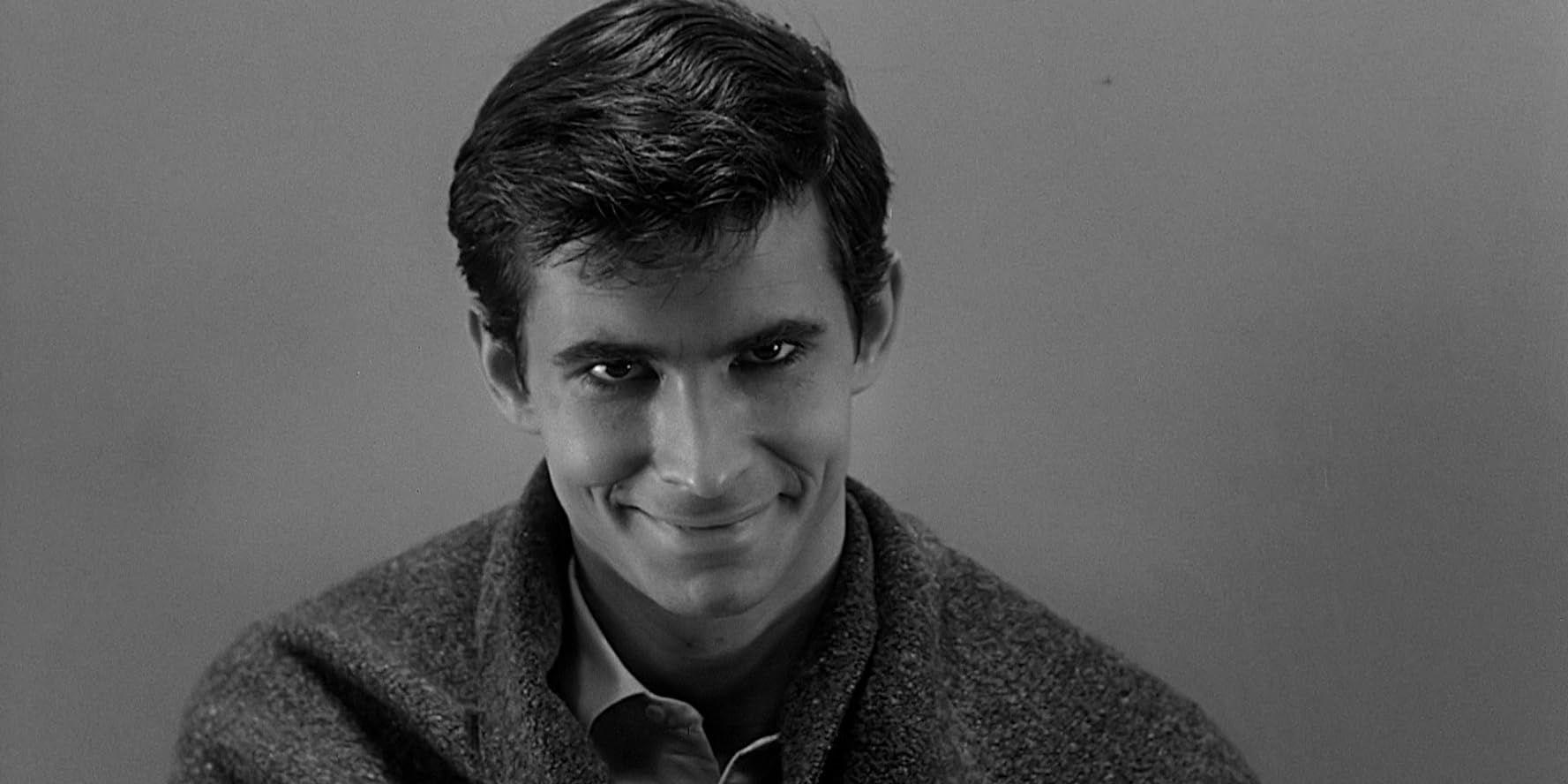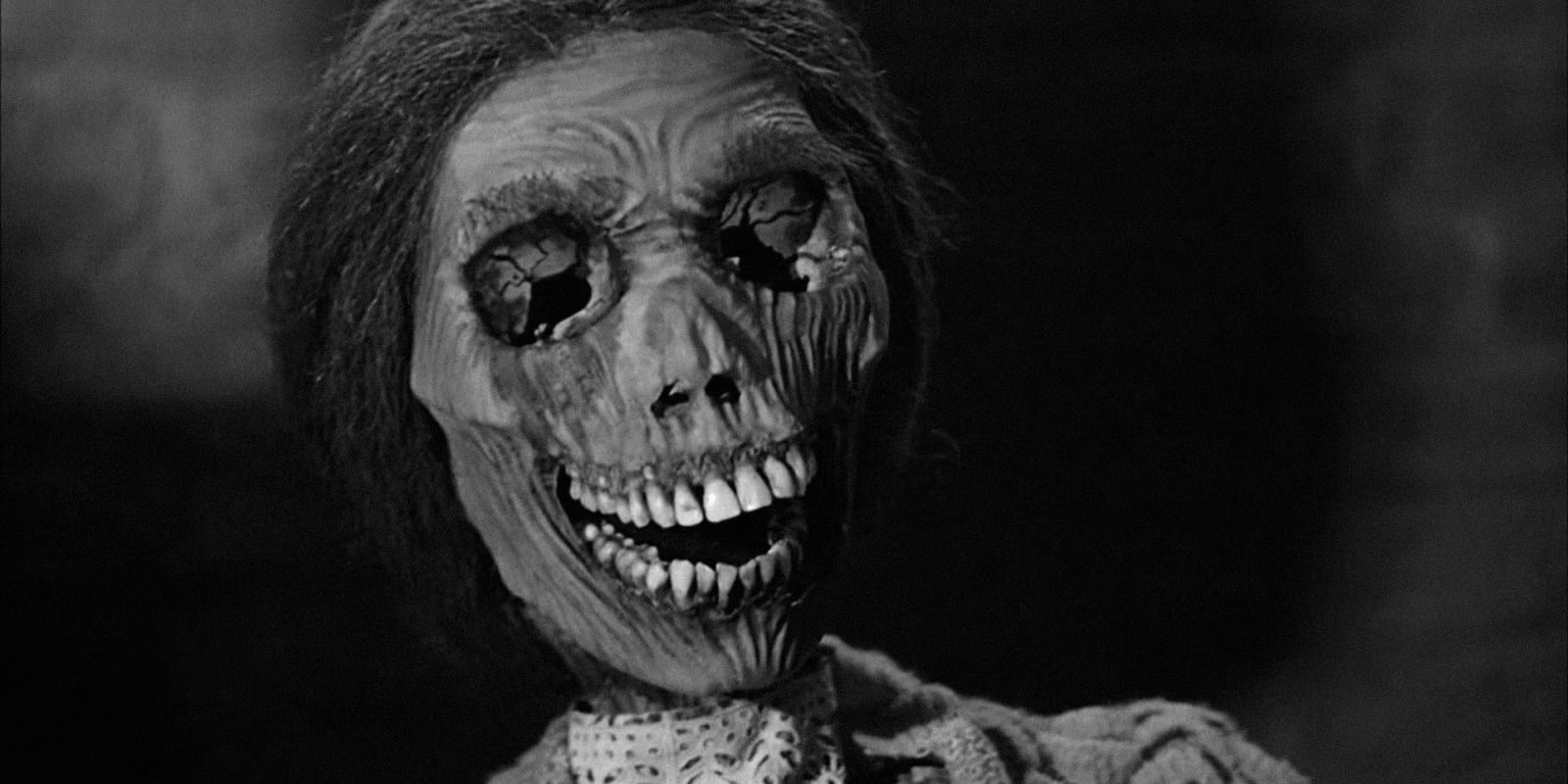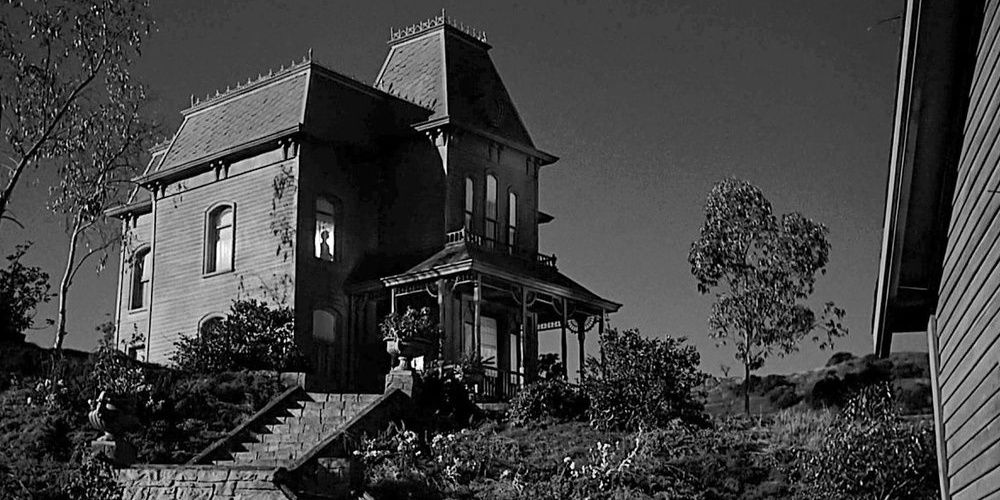
Hitchcock was known for keeping his movies shrouded in mystery. He would likely be astonished by today’s world, where trailers disclose too much and social media is filled with spoilers. Hitchcock aimed to keep his audience guessing from the beginning to the end of a film. This is why he put so much effort into keeping the ending of a closely guarded secret. It might come as a shock to horror enthusiasts that the movie was adapted from a novel by Robert Bloch. Despite not selling well, this book received a glowing review in The New York Times. Moreover, it caught Hitchcock’s attention.
The director, known for causing stirs, was determined that the finale of “Psycho” would stay hidden. To accomplish this, he secretly obtained the book’s rights under a false name and kept his true identity from its author. When news broke about Alfred Hitchcock’s upcoming film being based on a book, he remained silent regarding the title. He even instructed his assistant, Peggy Robertson, to purchase numerous copies of the novel directly from the publishers. This strategy proved effective because the ending of “Psycho” was a significant surprise for moviegoers at that time.
Psycho Is a Horror Movie That Is Full of Surprises
As a movie enthusiast, let me share my thoughts on the classic thriller, “Psycho.” For those who haven’t had the chance to watch it yet, here’s a brief overview. The story revolves around a character named Marion Crane, played by Janet Leigh, who finds herself in a tight spot after she steals $40,000 from her employer for her upcoming wedding with Sam Loomis (John Gavin). In an attempt to escape the storm, she stops at the secluded Bates Motel in Fairvale. However, this motel is not your ordinary stopover. It’s home to a peculiar young man named Norman Bates (Anthony Perkins), who has a strange fascination with taxidermy and shares that his mother, who resides in the house above the motel, is gravely ill. This chilling encounter sets the stage for an unforgettable cinematic experience.
In less than half an hour into the film, Alfred Hitchcock startled everyone by murdering Marion in the well-known shower scene. From then on, Lila Crane (played by Vera Miles) steps into the spotlight as the main character when she arrives searching for her sister. Other characters meet their end at the hands of the same mysterious figure who killed Marion, leaving viewers questioning whether it’s Norman, his mother, or someone else from the motel who is responsible.
Warning: Major plot spoiler ahead! The viewers learn that there is no ‘Mother’ character when they come across her dead body in the basement. Alfred Hitchcock aimed to keep this significant revelation a secret, resulting in a shocked response from the audience. He went to great lengths to maintain secrecy about the shower scene as well, even forbidding latecomers from entering the theater during its initial screening.
It’s hardly unexpected that Hitchcock took such dramatic steps to protect the climax of Psycho. Purchasing the rights under an alias and shrouding the production in secrecy was exactly the kind of theatrical maneuver one would associate with the renowned filmmaker. So certain was he that viewers would recognize his handiwork, he even bought up as many copies of the Psycho novel as possible. This action aligns perfectly with his reputation as a rather self-assured and pompous director.
Alfred Hitchcock was a Controversial Director Who Cared About His Craft
When “Psycho” was unveiled during his career, he had already garnered a loyal audience through the success of films like “Vertigo”, “North by Northwest”, “Rear Window”, and “Dial M for Murder”. He anticipated that many people would be eager to watch his new movie. As an ardent artist, he was committed to delivering an exceptional viewing experience.
Without a doubt, Alfred Hitchcock created an enthralling cinematic experience with the film Psycho. This production garnered more than $50 million globally at the box office and elicited both outrage and admiration from viewers. Some spectators were taken aback to the point of leaving the theater, stunned by the on-screen content. Others celebrated the movie’s audacity, daringness, and authentic fear-inducing scenes. Notable critic :
Why does Psycho stand the test of time, while many other films fade from memory shortly after we leave the theater, is that it taps into our deepest fears: Our fear of acting on impulse and committing a crime, our fear of law enforcement, our fear of falling prey to a madman, and of course, our fear of letting down our mothers.
In 1960, when Psycho was unveiled, there weren’t many films delving into such challenging concepts. Horror films during that era were more about entertainment than inducing terror. Universal Studios’ series of monster movies serve as a testament to this trend. Psycho revolutionized the genre by delving deeply into viewers’ psyche and capitalizing on genuine fears, stirring up debate and controversy. Despite its contentious nature, the film has survived the test of time, standing out as one of the most iconic films ever made.
I truly believe that the film, Psycho, would not have left such a lasting impression if it weren’t for the way Alfred Hitchcock built tension around its release. He went to extraordinary lengths to prevent spoilers and maintain secrecy during the premiere. Acquiring as many copies of the Psycho books as I could find might have seemed excessive, but it proved to be an effective strategy in the end. The audience was absolutely captivated by the shower scene and the climactic moments towards the end. Even the chilling scenes featuring Norman Bates in the institution, with “Mother” whispering in his ear, would not have had the same impact without Hitchcock’s meticulous approach to keeping his project under wraps.
The Psycho Movie Ended Up Overshadowing the Book



Alfred Hitchcock chose not to link his name to the book “Psycho,” and as a result, the original author, Robert Bloch, became largely overshadowed by the director’s acclaim. Few people realize that the film is actually based on a book. The character of Norman Bates in Bloch’s novel was inspired by Ed Gein, a notorious individual from Wisconsin who was known for crafting furniture and other items from human remains and had an unhealthy obsession with his mother.
Joseph Stefano, the screenwriter for Psycho, emphasized the chilling resemblance between Ed Gein and Norman Bates in the character’s depiction. Yet, he introduced modifications to better suit the story for the movie. For instance, unlike his book portrayal, Norman Bates wasn’t overweight but rather quite attractive. Additionally, Marion Crane’s character was given a more detailed backstory compared to her role in the novel.
In the final analysis, Alfred Hitchcock likely believed he was serving the greater good for his craft. He might have been indulging his own pride simultaneously. Regardless, it’s hard to argue against the lasting impact of Psycho; Norman Bates and Mother are still as unsettling today as they were 65 years since their introduction.
It’s challenging to determine if the film’s enduring impact would have been the same without Alfred Hitchcock’s extensive efforts to maintain the surprise surrounding Marion Crane’s shocking death and the movie’s intense ending. He went so far as to conceal the project from studio executives and theater owners, even refusing to provide a script to Paramount due to fears they might leak information or meddle with the controversial content. Essentially, this allowed him more creative control over the film he envisioned, ensuring it remained a secret until its release.
Modern-day filmmakers might find success by following Alfred Hitchcock’s example of keeping quiet about their films. Movies like “The Cabin in the Woods,” “Barbarian,” and “Orphan” are good examples of this approach. It wouldn’t be necessary for them to purchase every book or assume a new identity, but it would certainly be intriguing if more filmmakers adopted this strategy.
Read More
- Clash Royale Best Boss Bandit Champion decks
- Vampire’s Fall 2 redeem codes and how to use them (June 2025)
- Mobile Legends January 2026 Leaks: Upcoming new skins, heroes, events and more
- M7 Pass Event Guide: All you need to know
- Clash Royale Furnace Evolution best decks guide
- World Eternal Online promo codes and how to use them (September 2025)
- Clash Royale Season 79 “Fire and Ice” January 2026 Update and Balance Changes
- Best Arena 9 Decks in Clast Royale
- Clash of Clans January 2026: List of Weekly Events, Challenges, and Rewards
- Best Hero Card Decks in Clash Royale
2025-04-30 21:54